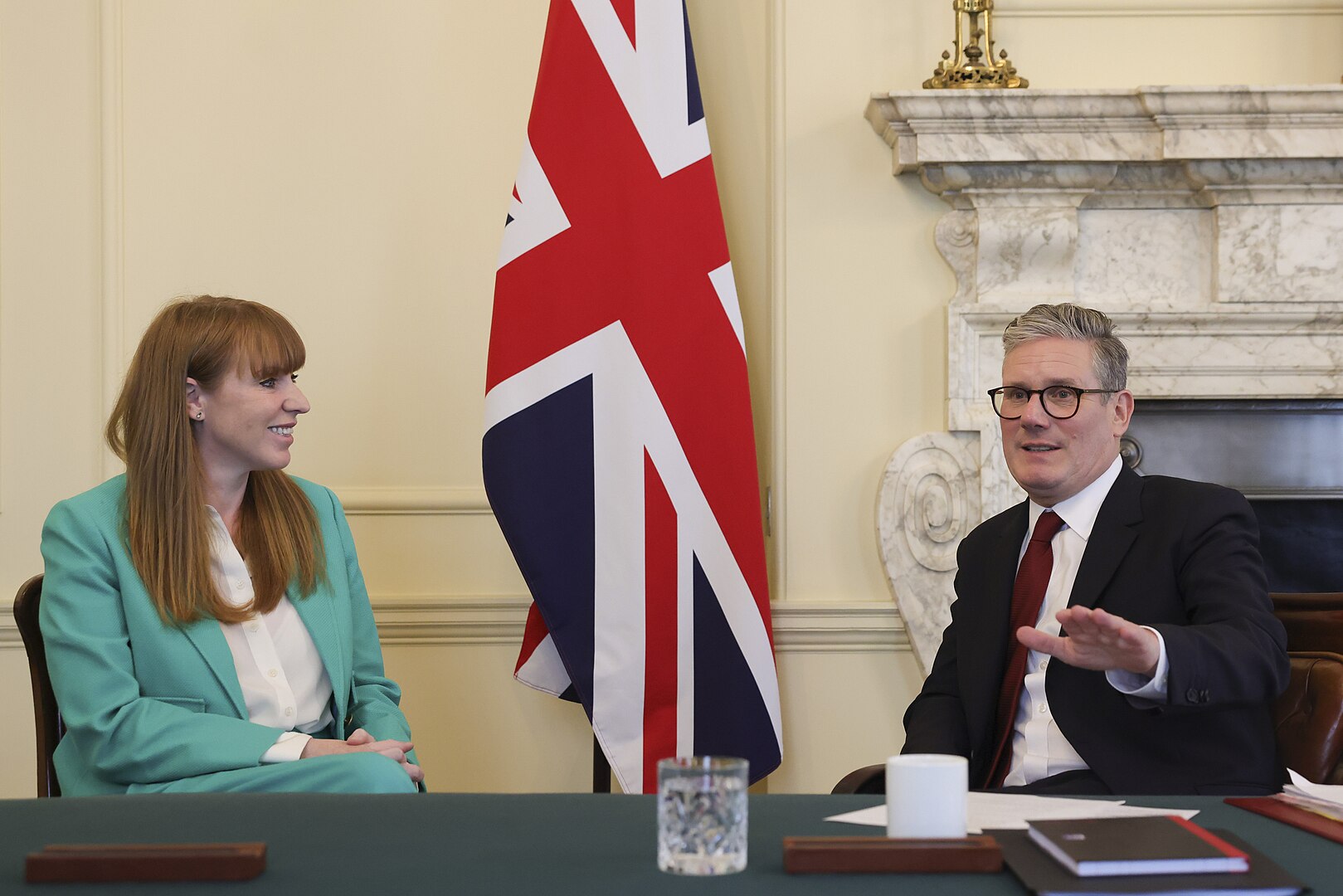 BBC News
BBC NewsBorrowing was £17.4bn last month, the second highest October figure since monthly records began in 1993.

Finito World
The political winds are no longer merely shifting — they’re swirling. Just weeks after promising a “reset” that would inject confidence into both the electorate and the business community, Sir Keir Starmer’s vision is looking increasingly embattled. The unexpected resignation of Deputy Leader Angela Rayner has rattled Labour’s internal unity and called into question whether its economic messaging can land with credibility.
Compounding Labour’s problems is a summer of right-wing momentum. Nigel Farage, newly emboldened, has spent the last few months riding a wave of populist media appearances and sharpening Reform UK’s message — not merely as a pressure group, but as a potential electoral disruptor. That threat became real when Nadine Dorries announced her defection to Reform, citing Labour’s “timidity” and the Conservatives’ “moral vacancy.” The optics have shifted: where once Starmer was seen as steady if uninspiring, he now looks caught between a splintering right and a restive left.
And with the Autumn Budget looming, there’s a growing sense that Labour’s presumed competence in waiting is no longer a given. It is probably still far too soon for Sunak nostalgia but few would deny that the government has lost control of the narrative.
For business owners — particularly SMEs who’ve been quietly hoping for policy clarity, regulatory reform, and access to capital — the sense of stalling momentum is worrying. With the Conservatives still divided over fiscal strategy and Labour now looking less assured, the political centre ground is unsettled. And when politics stumbles, businesses pay attention. Or rather: they pause.
It comes at a moment when UK long-term borrowing costs have reached a 27-year high. Quietly, and without major headlines, the cost of money is rising — reshaping the calculations of builders, shop owners, restauranteurs, and digital start-ups alike. Santander’s business overdraft EAR has risen to nearly 15%, meaning a £5,000 loan could now cost nearly £920 per year — up from £600 just 18 months ago. It’s not a crisis, but it is a constriction.
Meanwhile, there’s tension between fear and resilience. UK Finance reports a £4.6 billion rise in SME lending in Q1 2025, with notable surges in manufacturing, healthcare, and retail. Even early-stage businesses have taken out more credit, suggesting either confidence or the urgency of survival.
And in the background, the slow machinery of government reform continues to creak. Despite welcome measures such as the ENABLE programme from the British Business Bank, which aims to release £5bn of finance to SMEs, there’s little sense that policy is keeping pace with reality. The long-awaited crackdown on late payments is moving forward — but many business owners see it as too late and too soft.
This is a story of margins: the narrowing ones in a company balance sheet, and the narrowing political space for meaningful reform. For Britain’s business owners, this is not just an economic moment — it’s a character test.
Looking ahead, Starmer’s government has credible — if politically difficult — options. If the reported £50bn fiscal black hole is accurate, Rachel Reeves faces a trilemma: cut spending and risk public service backlash; raise taxes and risk growth; or borrow and risk credibility with the markets. The reality is likely to involve a delicate balancing act — modest tax changes on wealth, non-doms, or capital gains; targeted efficiency savings; and long-term borrowing pinned to growth-friendly investments like energy, AI and transport. Many doubt how many more boring budgets the UK can stand – but it is likely what it will get.
There may also be a pivot to more “soft power” reforms — fixing planning, accelerating apprenticeships, and freeing up pension capital — that cost little upfront but send strong signals to investors. The question is whether Labour can maintain the political will to act decisively before the fiscal window tightens further.
Starmer still has time, but it is remarkable to have such a pressurised Budget so soon after obtaining power — and with such a massive majority.